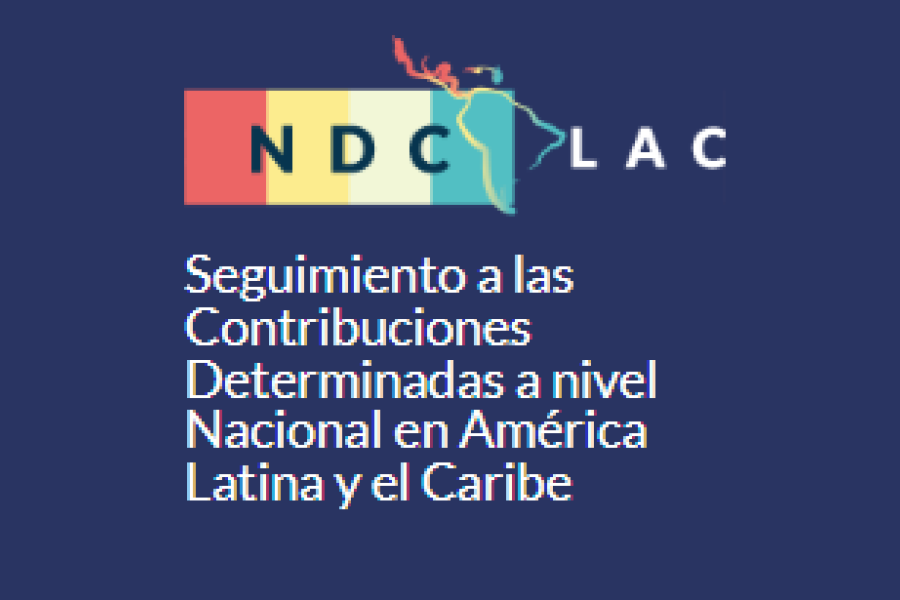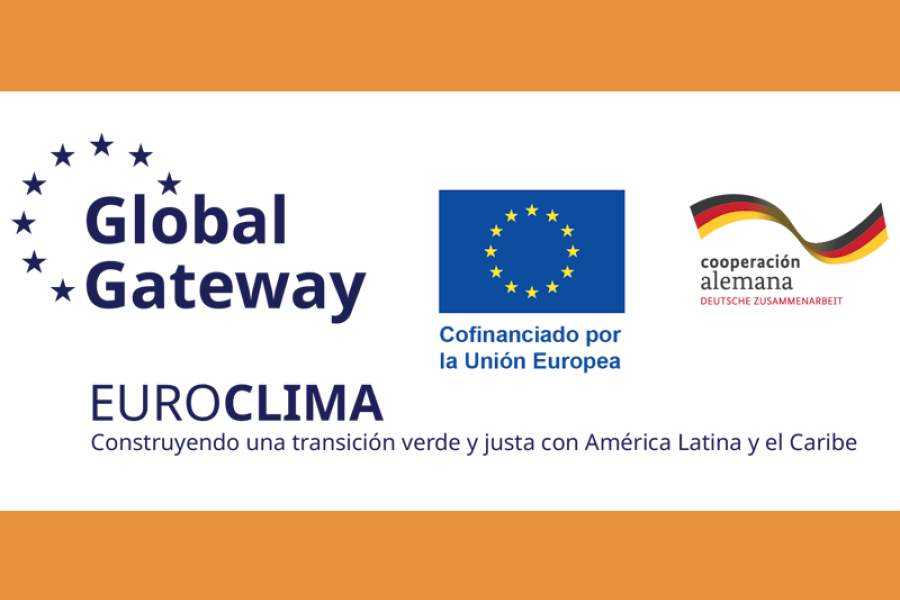Climate change
Climate change is the planet-wide variation in the Earth's climate owing to natural and man-made causes. Human actions are the main contributors to climate change and include the burning of fossil fuels, deforestation, and industrial, agricultural and transport activities. One consequence of these actions is that the Sun's heat is trapped in the atmosphere, a process that we know as the "greenhouse effect". The gases responsible for this phenomenon include carbon dioxide, nitrous oxide and methane.
Activities

Virtual Regional Workshop on External Financing and Climate-Resilient Development
This virtual regional dialogue aims to share lessons learned from the Development Account – Tranche 14 project entitled “Mobilizing External Financial Resources Beyond COVID-19 for Greener, Fairer, and More Sustainable Development in Selected Vulnerable SIDS in Africa, Latin America, and the Caribbean.” It also seeks to highlight the usefulness of the financial strategy and roadmap for mobilizing climate financing developed under the project for the Union of the Comoros and Cabo Verde, which could be adapted and used by other countries in the future.
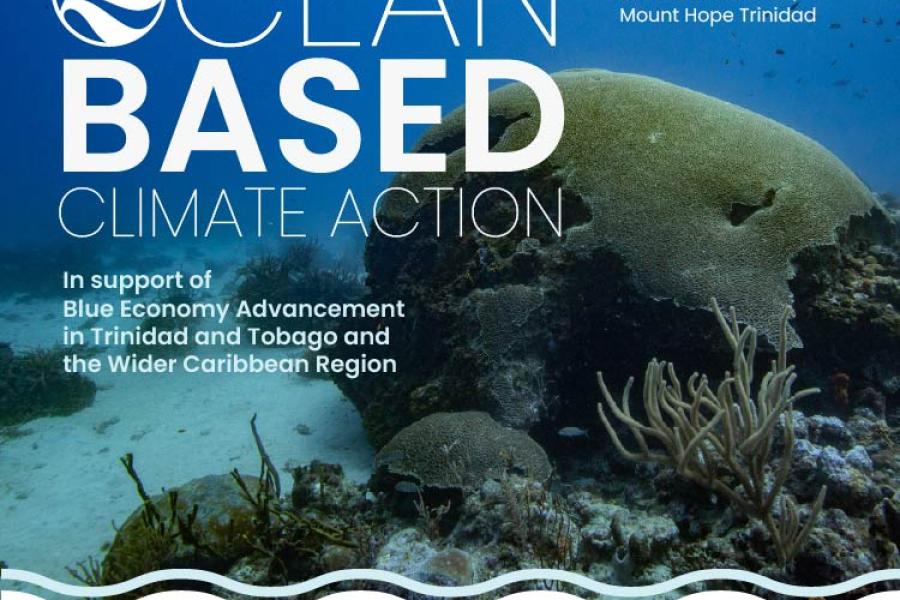
Seminar on Ocean-based Climate Action in Support of Blue Economy Advancement in Trinidad and Tobago and the Wider Caribbean Region
The Embassy of the Republic of Korea in collaboration with the Institute of Marine Affairs (IMA), Ministry of Planning, Economic Affairs and Development of Trinidad and Tobago and the United Nations Economic Commission for Latin America and the Caribbean (ECLAC) Subregional Headquarters for the Caribbean is organizing a seminar on ocean-based climate action in the Caribbean.
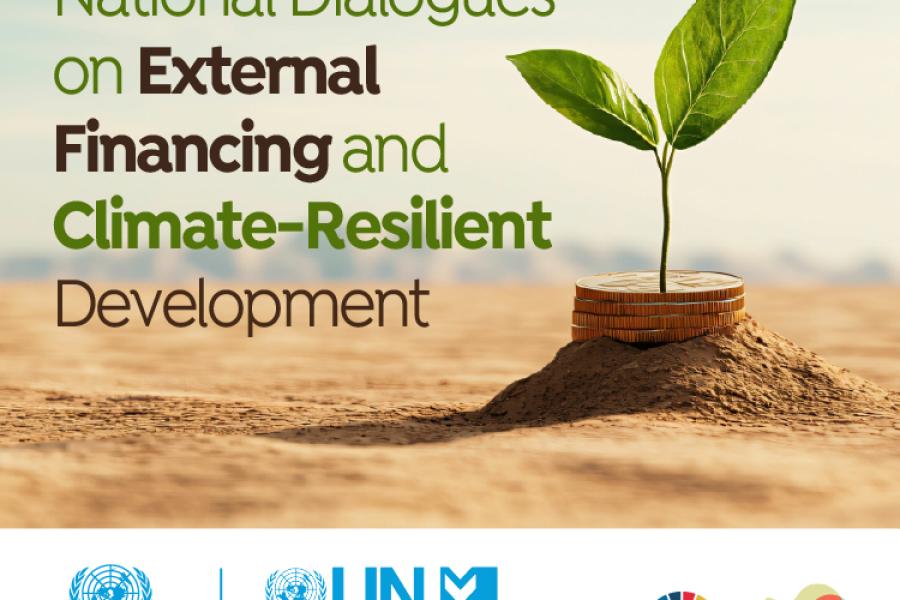
Regional and National Dialogues on External Financing and Climate-Resilient Development
Guided by an enhanced framework, UNCTAD led data collection field missions, identifying their current and potential external financial options, blockages and impediments to the uptake of innovative financial instruments, as well as the regulatory, institutional, and market-related changes required to encourage these innovations. These efforts culminated in the delivery of climate adaptation and mitigation reports for each country, assessing direct and indirect climate risks and proposing strategies to address these risks and achieve SDGs 17.4 and 13.b and will contribute to the regional discussion.
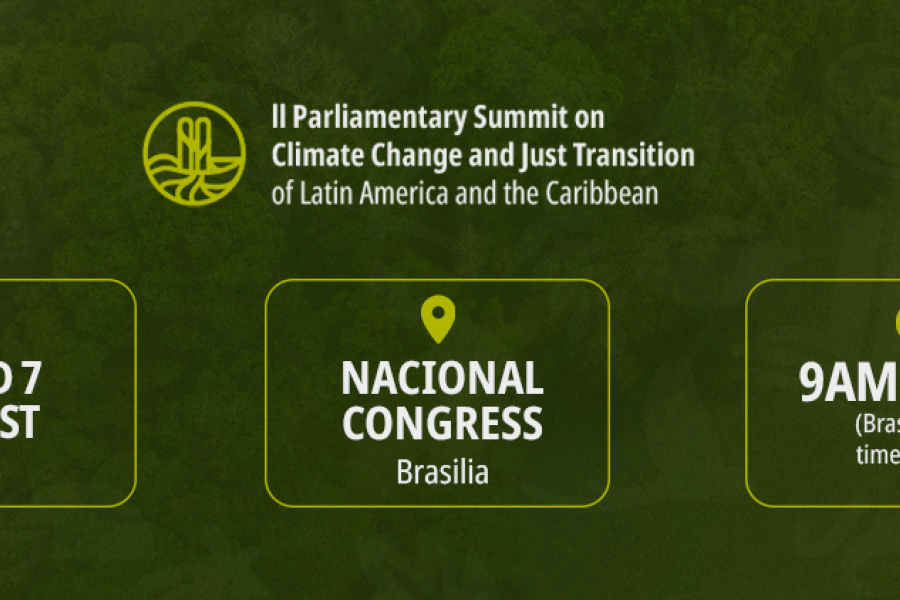
II Parliamentary Summit on Climate Change and Just Transition of Latin America and the Caribbean
The II Parliamentary Summit on Climate Change and Just Transition of Latin America and the Caribbean will take place on August 6–7, 2025, at the National Congress in Brasília. The event will gather legislators from across the region to align strategies in preparation for the 30th United Nations Climate Change Conference (COP30).
News

Central America: Climate risks to food security and the economy
Central America is particularly vulnerable to the effects of climate change. These climatic changes affect agricultural production, health, infrastructure, and hydroelectric power generation.
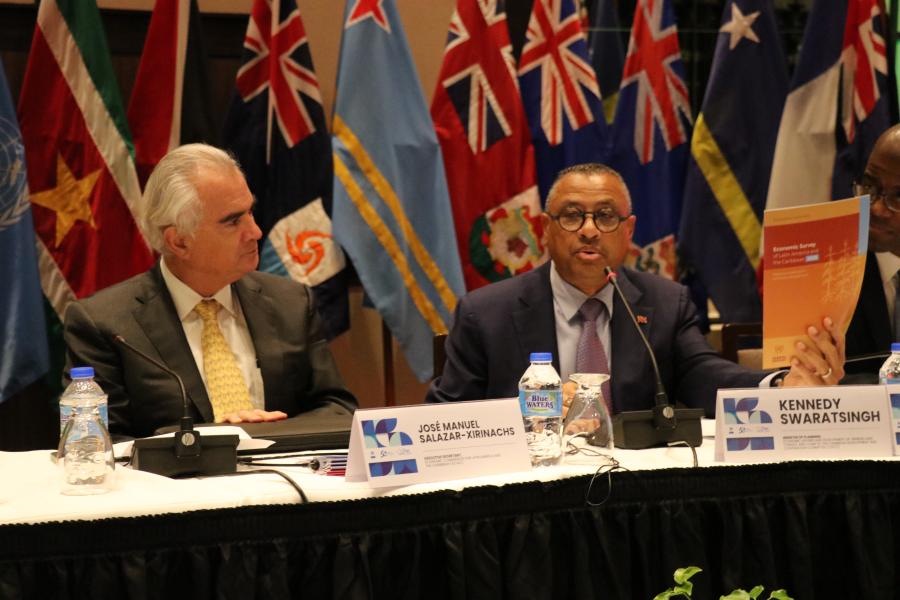
ECLAC Executive Secretary: Caribbean Must Be Active Architect of Its Development Models
José Manuel Salazar-Xirinachs participated in the meeting of the Monitoring Committee of the Caribbean Development and Cooperation Committee (CDCC).

A new publication by the United Nations regional commission calls for turning the response to the climate crisis into an opportunity for the region.
A new publication by the United Nations regional commission calls for turning the response to the climate crisis into an opportunity for the region.
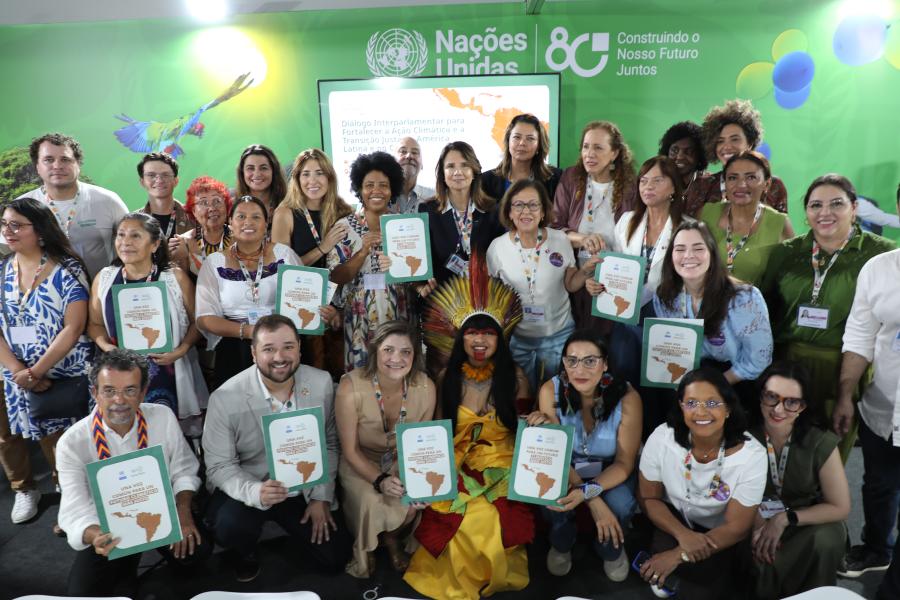
Latin American and Caribbean Parliamentarians Issue a Global Call for a More Just Climate Future in Historic Legislative Participation at COP30
During COP30, OPCC parliamentary leaders officially launched the Joint Statement of Parliamentarians of Latin America and the Caribbean, which issues a “Global Call for a More Just Climate Future.” The regional document urges nations to join efforts toward a new development model that integrates environmental sustainability, innovation and productive development, social inclusion, and climate justice.

